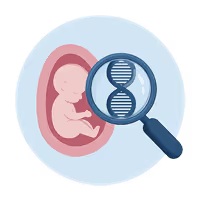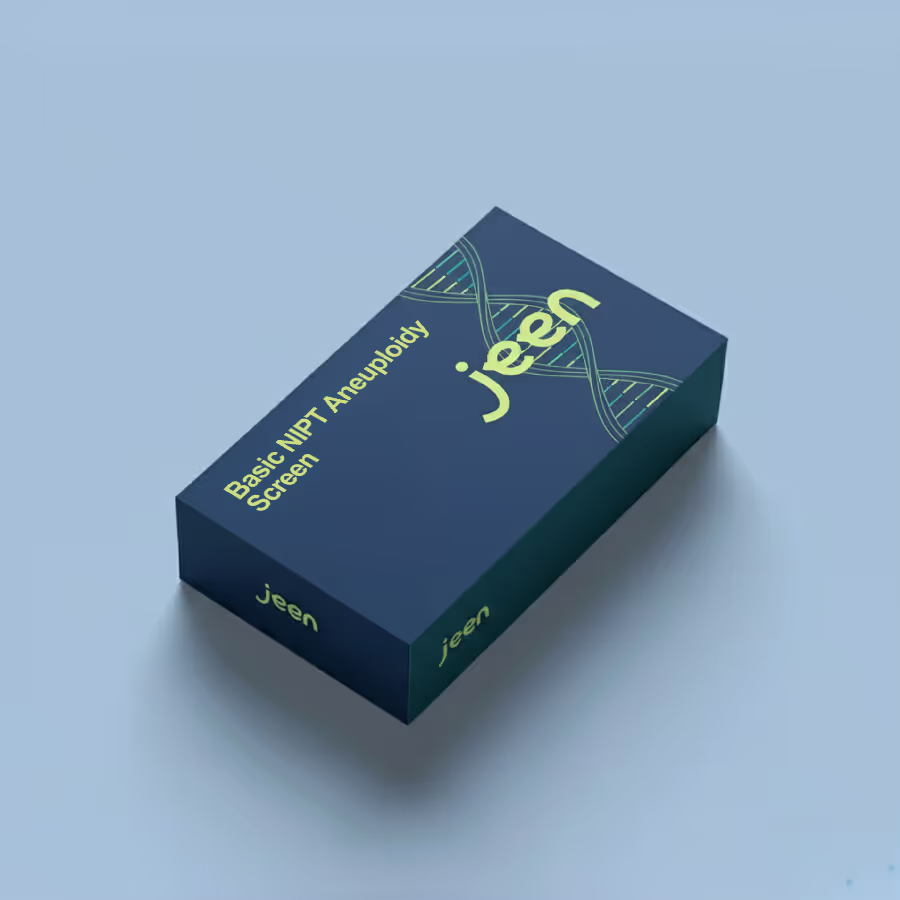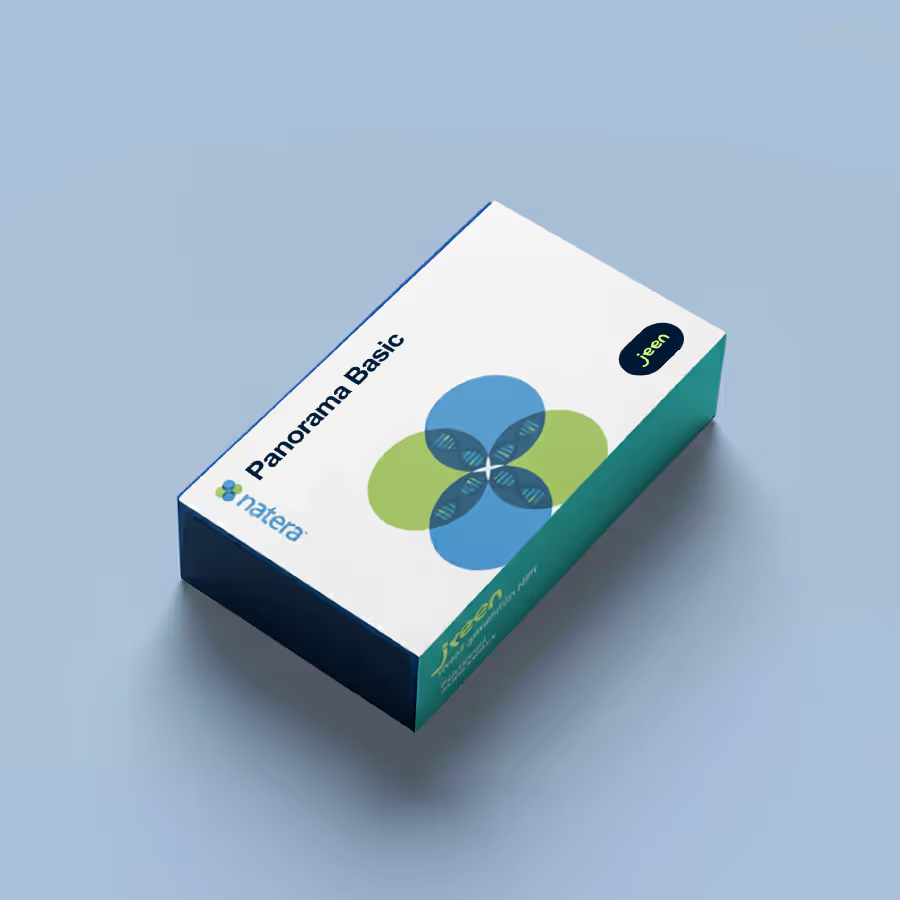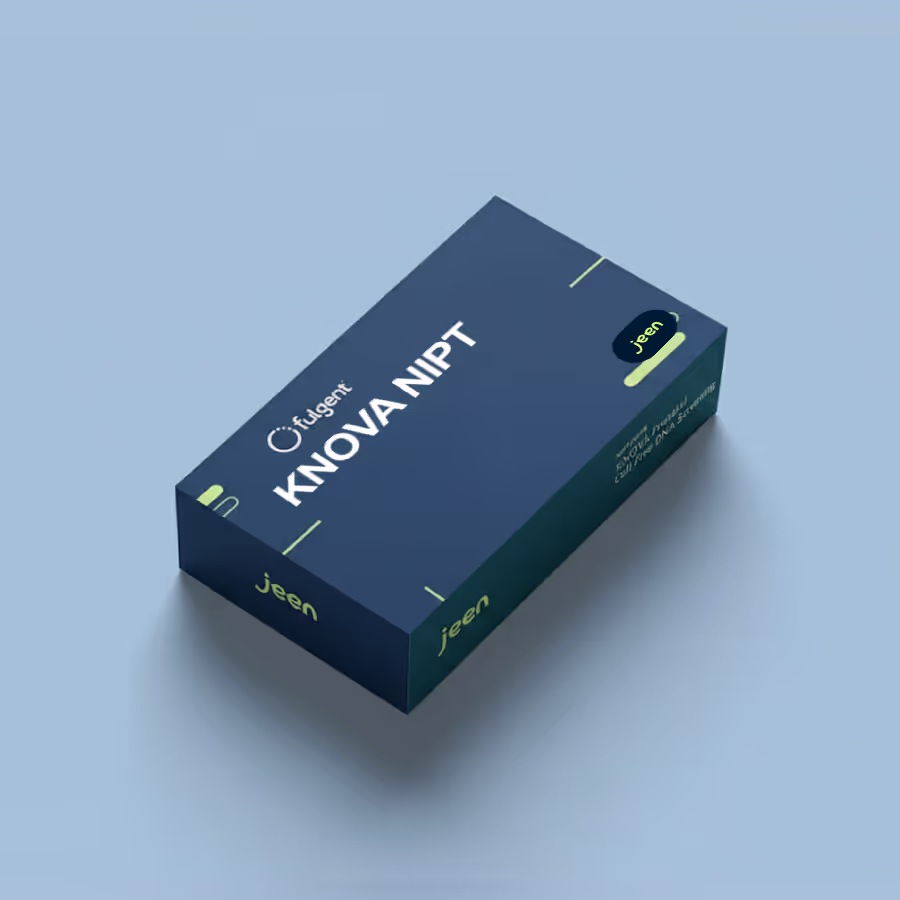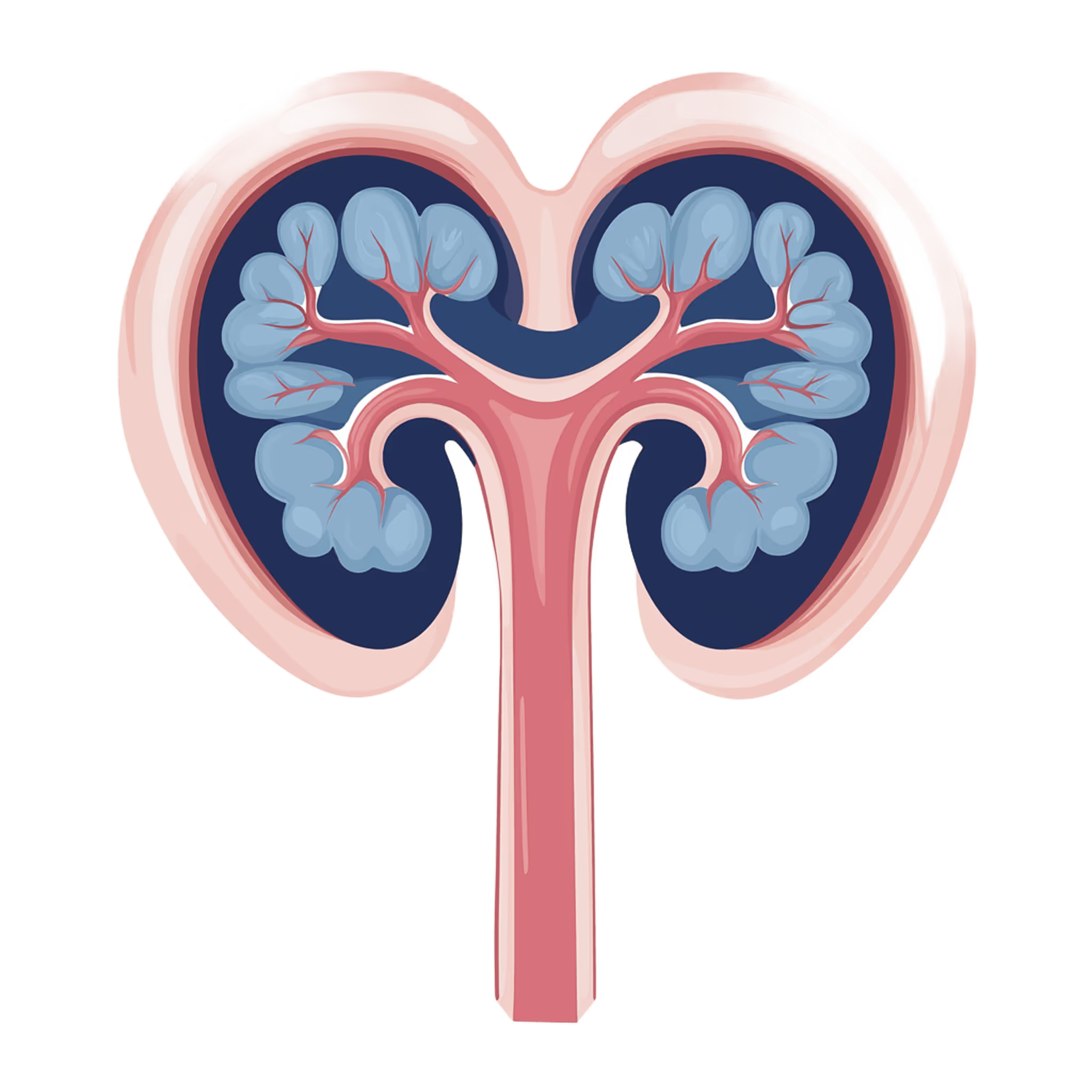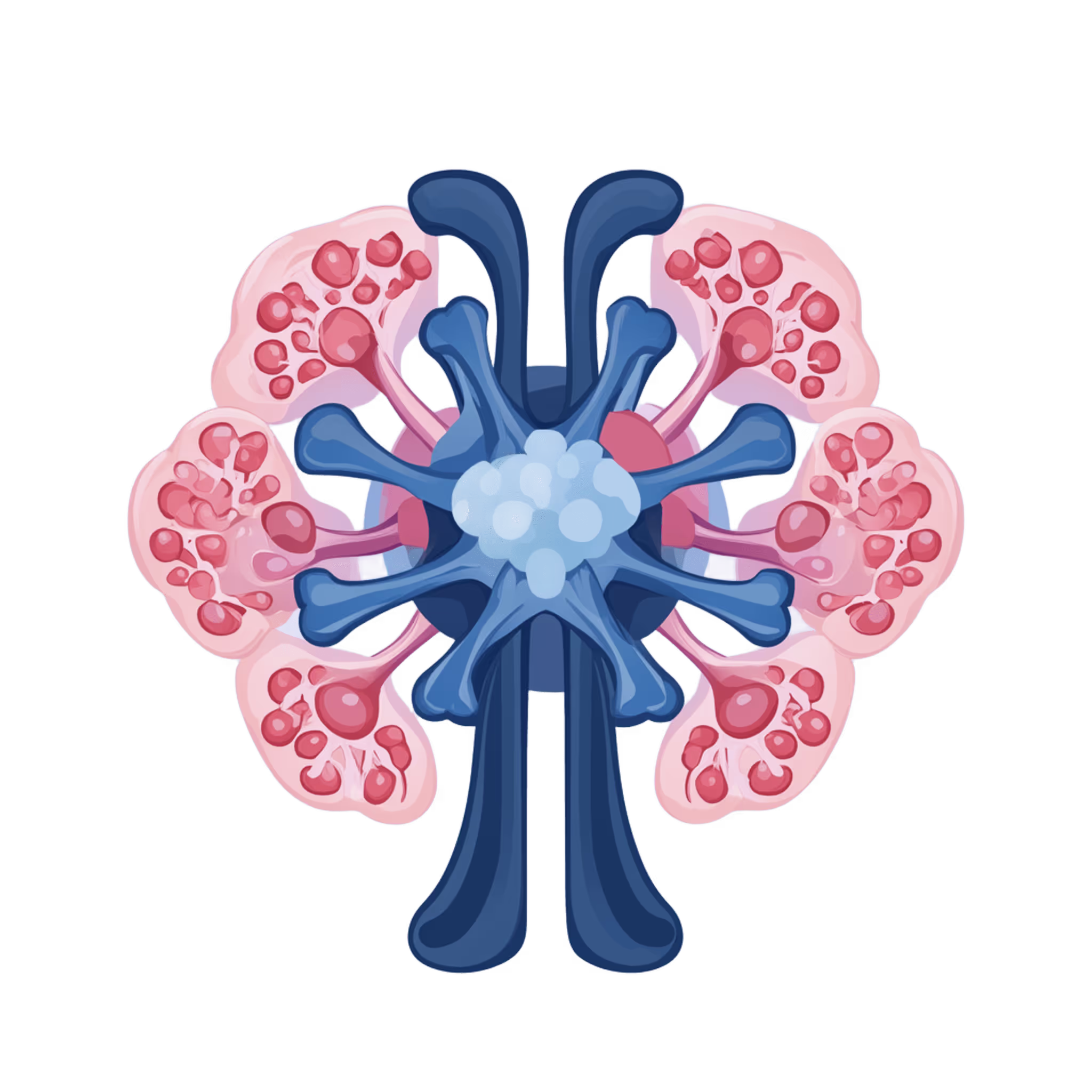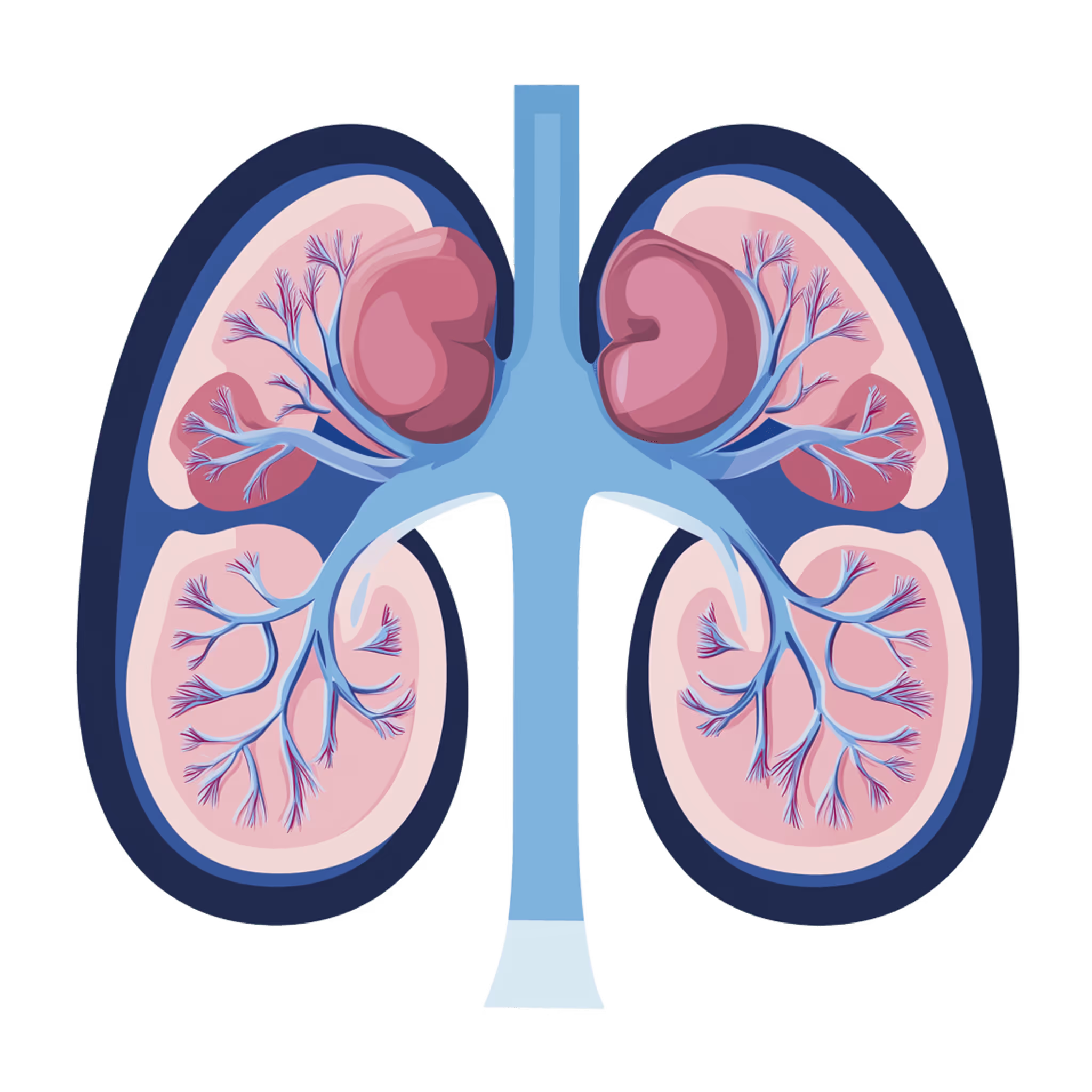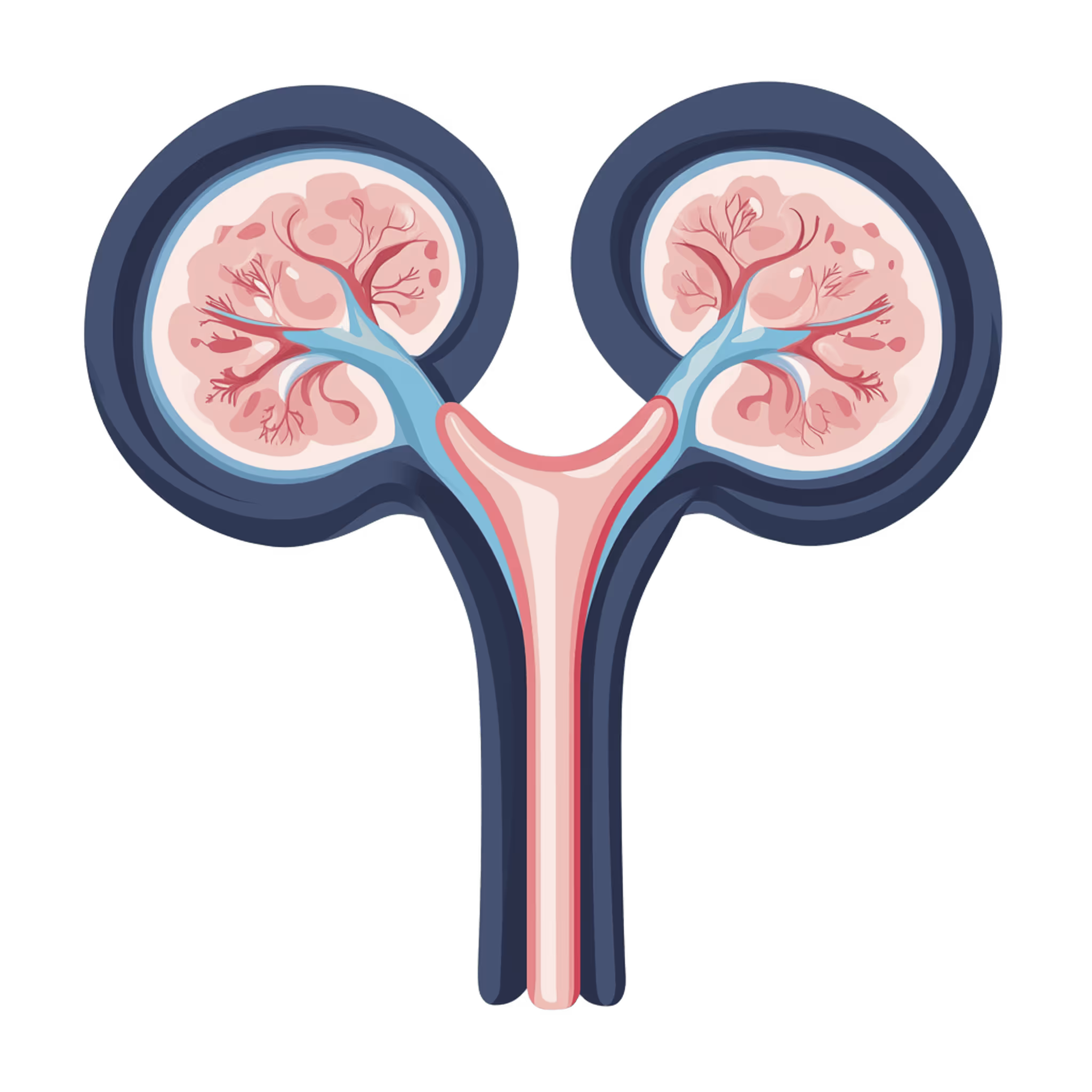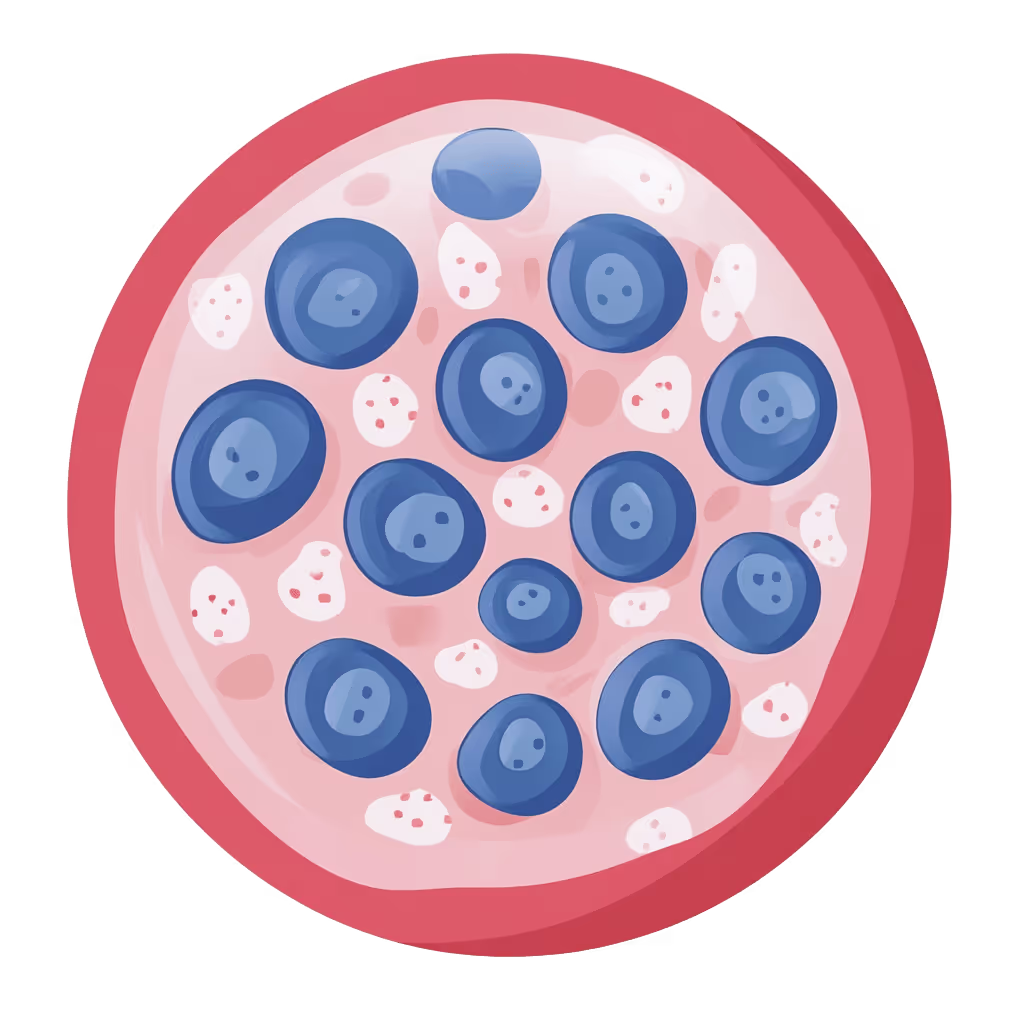Why choose PrenatalSafe NIPT?
- Early Detection: Available from 10 weeks of pregnancy, allowing for early reassurance.
- High Accuracy: Detects over 99% of cases of Down’s syndrome (Trisomy 21), with similarly high detection rates for Edwards' syndrome (Trisomy 18) and Patau syndrome (Trisomy 13).
- Safe and Simple: Requires only a single tube of maternal blood; no risk to you or your baby.
- Quick Results: Results are typically available within 2–5 working days.
- Low Failure Rate: Less than 0.5% of tests fail to produce a result, reducing the need for repeat testing.
What conditions does PrenatalSafe screen for?
- Down’s Syndrome (Trisomy 21): A genetic condition causing learning disabilities and characteristic physical features.
- Edwards Syndrome (Trisomy 18): Associated with severe developmental delays and physical abnormalities.
- Patau Syndrome (Trisomy 13): Linked to serious intellectual disability and physical defects.
- Optional Fetal Sex Determination: Know your baby’s sex early, if desired.
How does the test work?
During pregnancy, small fragments of your baby’s DNA circulate in your bloodstream. PrenatalSafe NIPT analyses this cell-free DNA using advanced whole-genome sequencing technology to detect chromosomal abnormalities. The test is non-invasive and poses no risk to you or your baby.
Who Should Consider PrenatalSafe NIPT?
PrenatalSafe NIPT is suitable for all pregnant women, regardless of age or risk factors. It is especially recommended if:
- You want early and accurate information about your baby’s health.
- You have a higher risk of chromosomal conditions due to age or family history.
- You prefer to avoid invasive diagnostic tests like amniocentesis.
What Are My Blood Draw Options for PrenatalSafe NIPT?
In line with our flexible, prevention-first approach, Jeen Health offers multiple convenient options for how you provide your DNA sample for PrenatalSafe NIPT:
- Self-Arranged Blood Draw (Free): We'll send your PrenatalSafe NIPT kit and you can then arrange your own blood draw with a local nurse, midwife, phlebotomy service, or clinic. Many patients ask their private GP, or maternity care provider to assist. Please ensure your provider is comfortable drawing into the NIPT-specific tubes supplied in your kit. If needed, we can share instructions.
- Best if you already have a provider you trust
- No added charge from Jeen, but you may need to pay your chosen provider directly
- Nationwide availability across the UK and some EU region
- Jeen Clinic Network (+£40): Prefer a clinic-based option? Book a blood draw appointment at one of our 40+ trusted partner locations across the UK.
- Home Visit (+£65): Need maximum convenience? We’ll send a qualified nurse to your home to take your blood sample.
- Ideal for patients with mobility, time or privacy needs
- Available across most of the UK and appointments coordinated by our team
These sample collection options ensure NIPT is accessible on your terms, you choose what’s easiest and most comfortable. No matter where you live, you can pick the collection method that suits you best.



